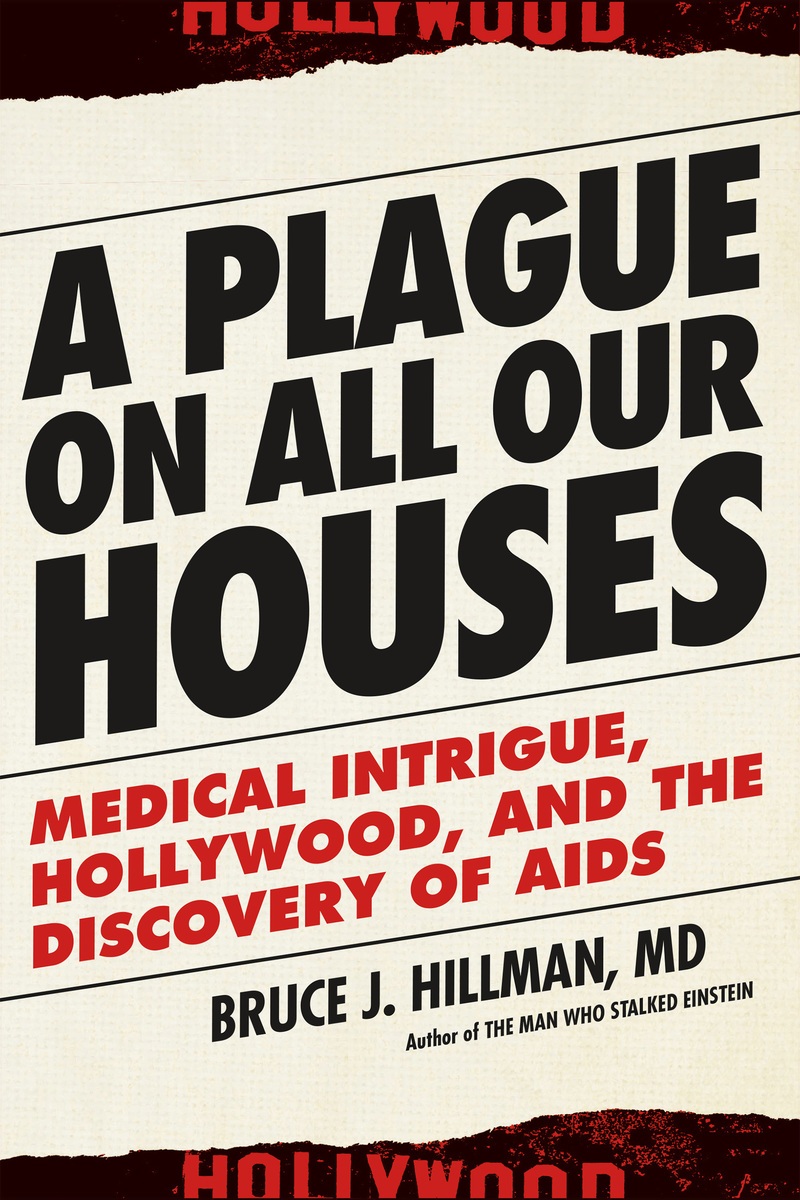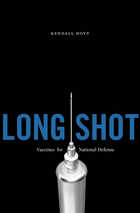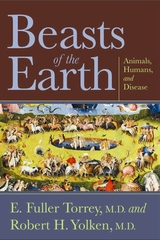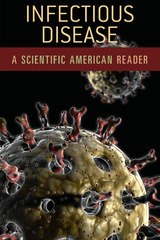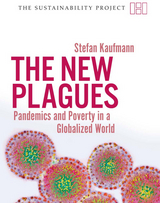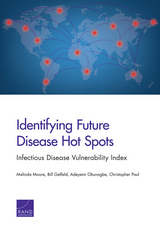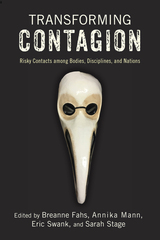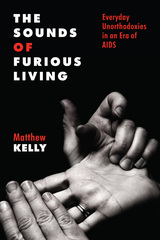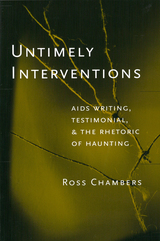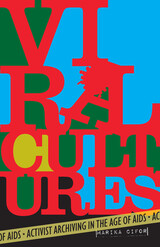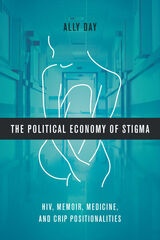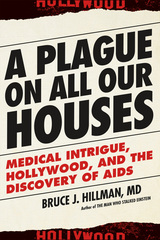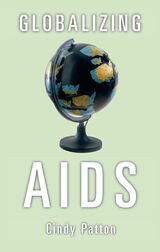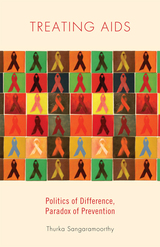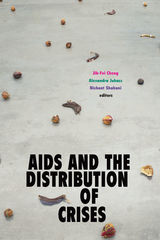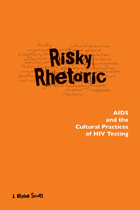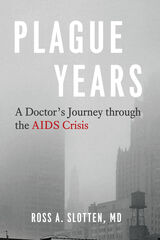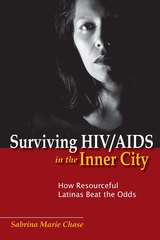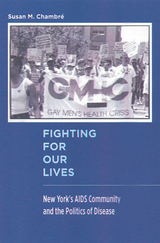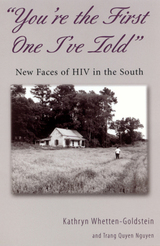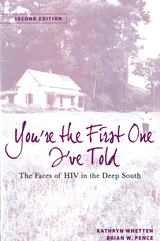A Plague on All Our Houses: Medical Intrigue, Hollywood, and the Discovery of AIDS
University Press of New England, 2016
Cloth: 978-1-61168-875-7 | eISBN: 978-1-61168-996-9
Library of Congress Classification RA643.8.H52 2017
Dewey Decimal Classification 614.599392
Cloth: 978-1-61168-875-7 | eISBN: 978-1-61168-996-9
Library of Congress Classification RA643.8.H52 2017
Dewey Decimal Classification 614.599392
ABOUT THIS BOOK | AUTHOR BIOGRAPHY | REVIEWS | TOC
ABOUT THIS BOOK
A frightening new plague. A medical mystery. A pioneering immunologist. In A Plague on All Our Houses, Dr. Bruce J. Hillman dissects the war of egos, money, academic power, and Hollywood clout that advanced AIDS research even as it compromised the career of the scientist who discovered the disease. At the beginning of the worldwide epidemic soon to be known as AIDS, Dr. Michael Gottlieb was a young immunologist new to the faculty of UCLA Medical Center. In 1981 he was brought in to consult on a battery of unusual cases: four formerly healthy gay men presenting with persistent fever, weight loss, and highly unusual infections. Other physicians around the country had noted similar clusters of symptoms, but it was Gottlieb who first realized that these patients had a new and deadly disease. He also identified the defect in their immune system that allowed the disease to flourish. He published his findings in a now-iconic lead article in the New England Journal of Medicine—an impressive achievement for such a young scientist—and quickly became the focal point of a whirlwind of panic, envy, desperation, and distrust that played out against a glittering Hollywood backdrop. Courted by the media, the gay community, and the entertainment industry, Gottlieb emerged as the medical face of the terrifying new epidemic when he became personal physician to Rock Hudson, the first celebrity AIDS patient. With Elizabeth Taylor he cofounded the charitable foundation amfAR, which advanced public awareness of AIDS and raised vast sums for research, even as it struggled against political resistance that began with the Reagan administration and trickled down through sedimentary layers of bureaucracy. Far from supporting him, the UCLA medical establishment reacted with dismay to Gottlieb’s early work on AIDS, believing it would tarnish the reputation of the Medical Center. Denied promotion and tenure in 1987, Gottlieb left UCLA for private practice just as the National Institutes of Health awarded the institution a $10 million grant for work he had pioneered there. In the thirty-five years since the discovery of AIDS, research, prevention, and clinical care have advanced to the point that the disease is no longer the death sentence it once was. Gottlieb’s seminal article is now regarded by the New England Journal of Medicine as one of the most significant publications of its two-hundred-year history. A Plague on All Our Houses offers a ringside seat to one of the most important medical discoveries and controversies of our time.
See other books on: AIDS & HIV | AIDS (Disease) | Discovery | Diseases & Conditions | Medical (incl. Patients)
See other titles from University Press of New England
